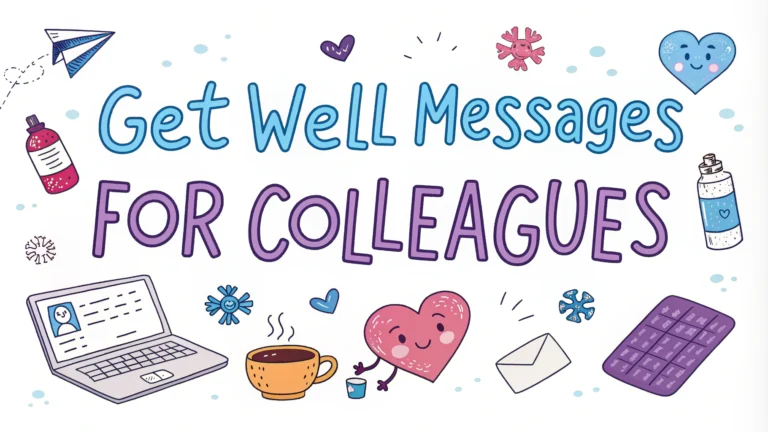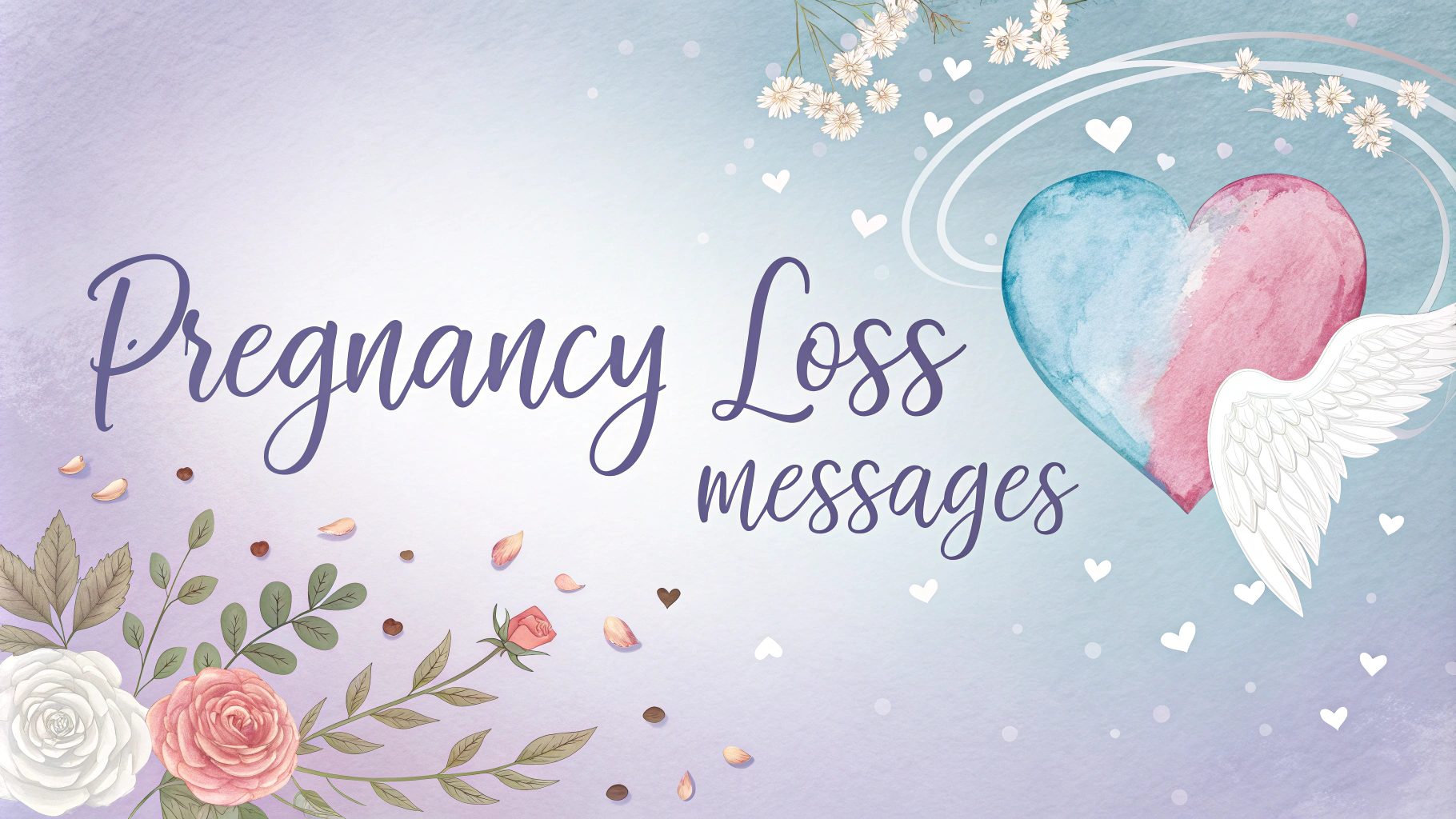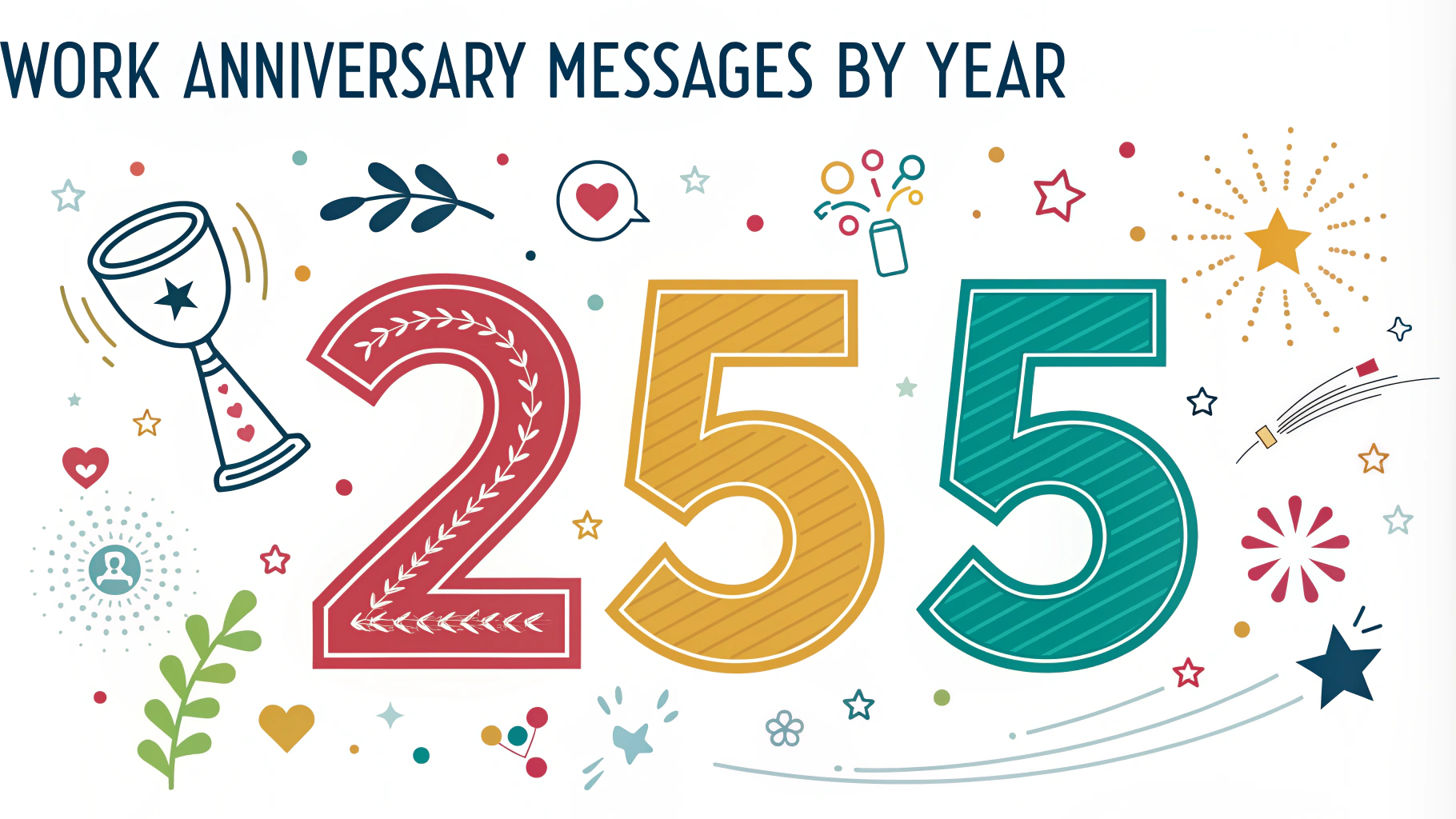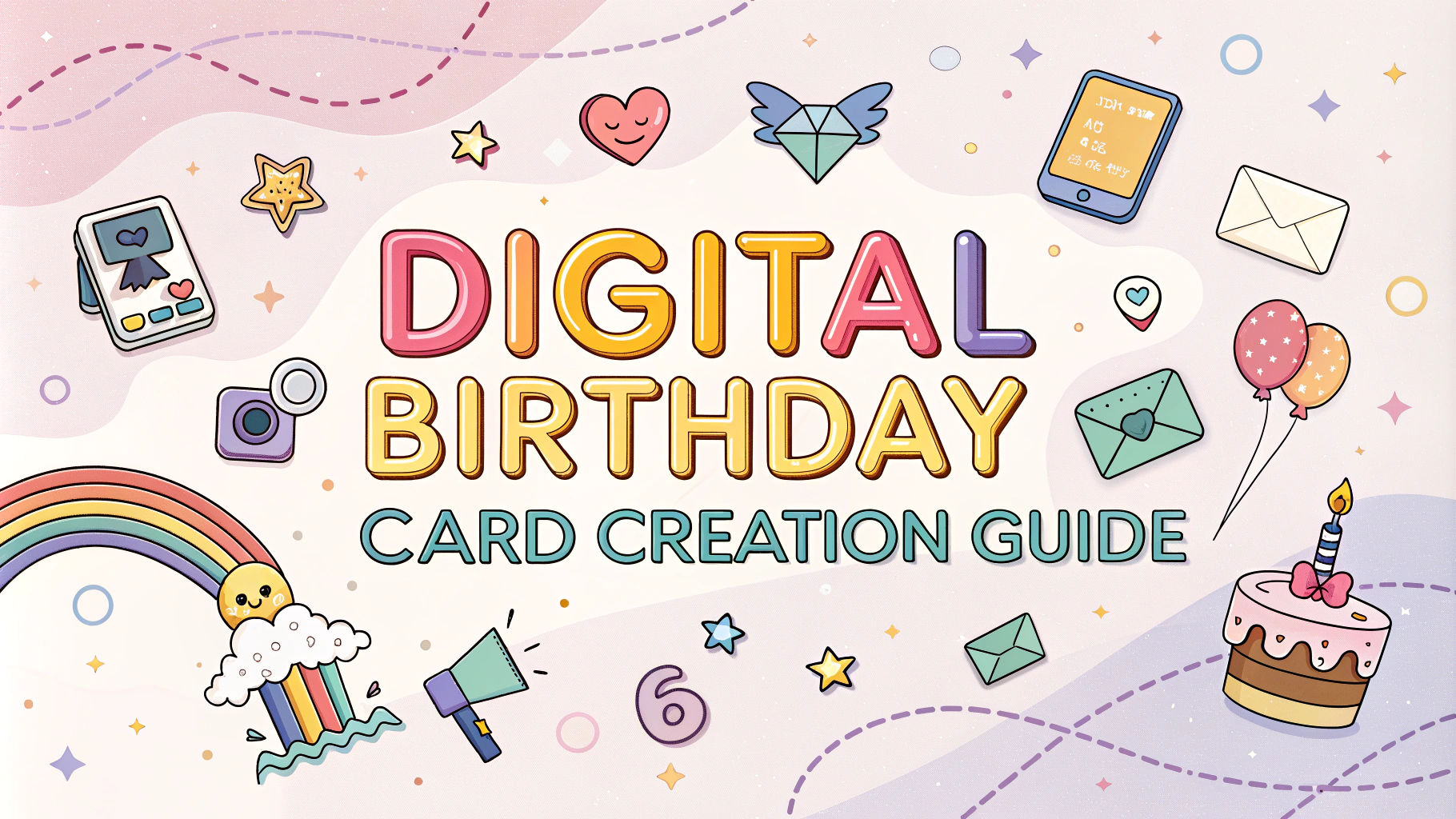Sending thoughtful get well messages to colleagues shows support during their recovery and helps maintain positive workplace relationships.
Quick Message Templates
- “Wishing you a speedy recovery – the office isn’t the same without you.”
- “Take all the time you need to rest and recover.”
- “Looking forward to having you back when you’re feeling better.”
- “The team misses your presence and energy.”
Professional Get Well Messages
Keep messages warm but professional, especially when writing to supervisors or senior colleagues.
Group Messages
When organizing a group message, consider these approaches:
- Create a digital card using services like Kudoboard or GroupGreeting
- Start a care package collection
- Organize a brief video message from the team
What to Avoid
- Don’t ask detailed questions about their condition
- Skip work-related updates unless requested
- Avoid pressuring them about return dates
- Never make light of their illness or injury
Delivery Methods
- Email: Best for professional relationships
- Physical Card: Shows extra effort and thoughtfulness
- Text Message: Suitable for closer colleagues
Timing Guidelines
Send your message within the first few days of learning about their illness or injury.
Quick Tips
- Keep messages brief and positive
- Offer specific help if you can provide it
- Follow up once or twice during longer absences
- Respect privacy and workplace communication policies
Remember that genuine concern matters more than perfect wording.
Additional Considerations
- Consider cultural sensitivities when sending messages
- Check company policies about contact during medical leave
- Be mindful of privacy regulations regarding health information
- Coordinate with HR if sending team-wide communications
Long-Term Absences
For extended medical leaves, maintain appropriate contact through:
- Monthly check-ins if appropriate
- Holiday and special occasion greetings
- Updates about non-work social events
- Periodic care packages or cards from the team
Return to Work Support
Prepare thoughtful gestures for their return:
- Welcome back card or small celebration
- Organized desk or workspace
- Brief team gathering if appropriate
- Gradual work transition plan
Conclusion
Sending get well messages strengthens workplace relationships and demonstrates genuine care for colleagues’ wellbeing. Focus on being sincere, respectful, and supportive while maintaining professional boundaries. Remember that small gestures can have a significant impact on someone’s recovery journey.
Remember
- Authenticity matters more than formality
- Respect privacy and boundaries
- Maintain appropriate professional contact
- Show consistent support throughout recovery
FAQs
- What are appropriate ways to start a get well message for a colleague?
Start with sincere openings like “I was sorry to hear about your illness,” “Sending you healing thoughts,” or “We miss you at the office.” - Should I include humor in a get well message to a coworker?
Use humor only if you have a close relationship with the colleague and are certain about their condition’s sensitivity. Light workplace-related humor can be appropriate when done tastefully. - Is it appropriate to mention work matters in a get well message?
Keep work-related comments brief and focus on well-wishes. Avoid discussing deadlines or creating stress about work responsibilities. - What’s the ideal length for a get well message to a colleague?
Keep messages concise, typically 2-4 sentences. A brief, heartfelt message is more effective than a lengthy one. - Should I send a group card or an individual message?
Both are acceptable. Group cards show collective support, while individual messages can be more personal. Consider doing both for serious conditions. - What should I avoid saying in a get well message?
Avoid discussing other people’s illnesses, making comparisons, offering medical advice, or asking intrusive questions about their condition. - Is it appropriate to send digital get well wishes?
Yes, email or digital messages are acceptable, especially for minor illnesses. For serious conditions, traditional cards or handwritten notes show more thoughtfulness. - When should I send a get well message to a colleague?
Send the message as soon as you learn about their illness or condition. Timing shows genuine concern and support. - Should I mention specific details about their condition in the message?
Only reference what they’ve openly shared with colleagues. Respect their privacy and avoid speculating about their condition. - Is it appropriate to send multiple get well messages during a colleague’s extended absence?
Yes, for longer illnesses, sending periodic messages shows continued support. Space them appropriately, perhaps every few weeks.








